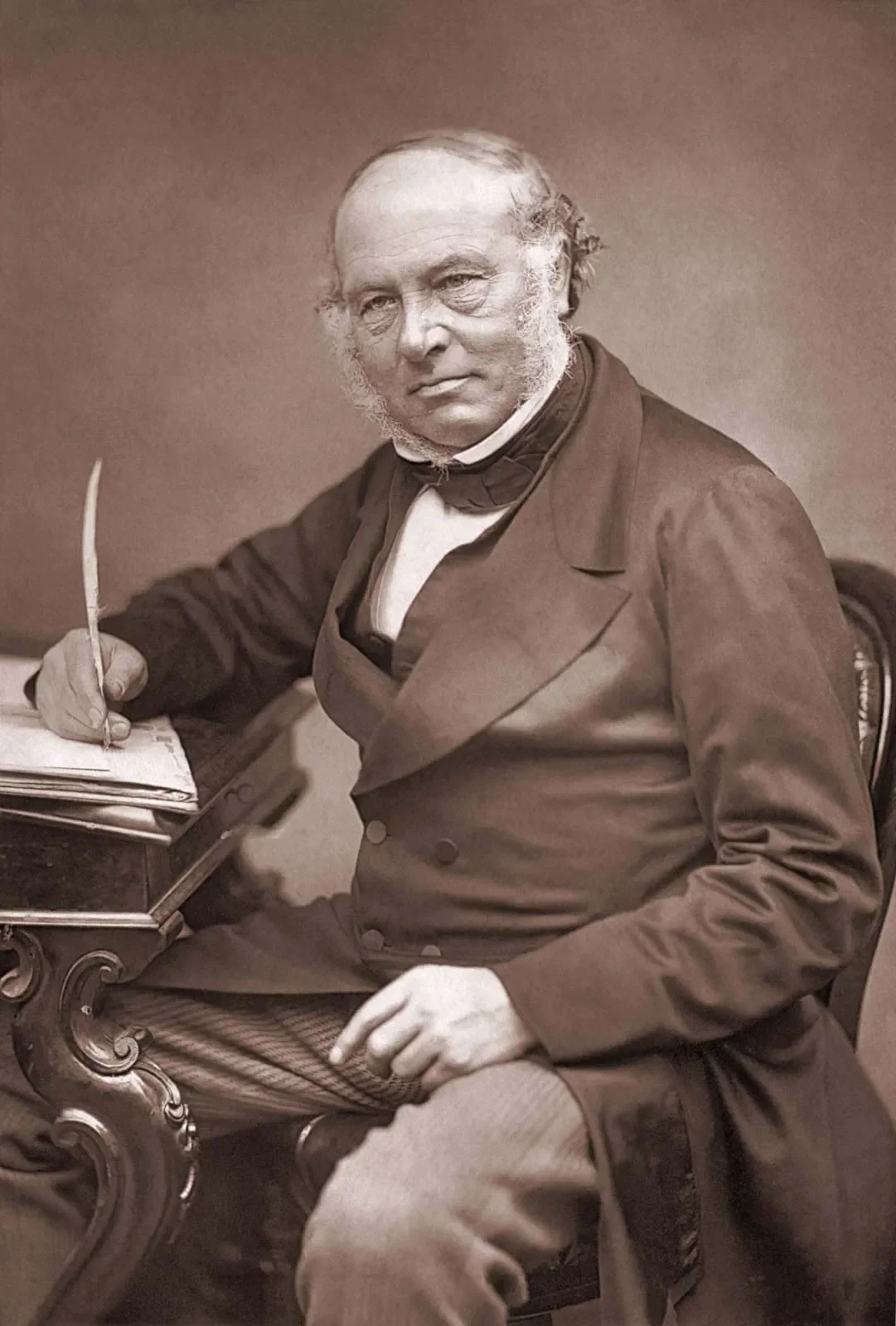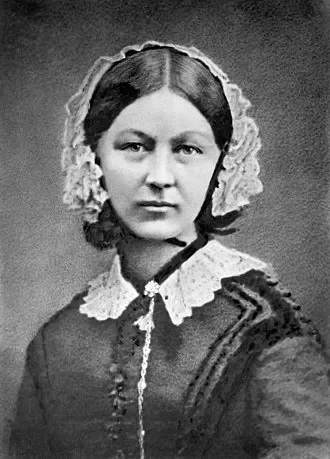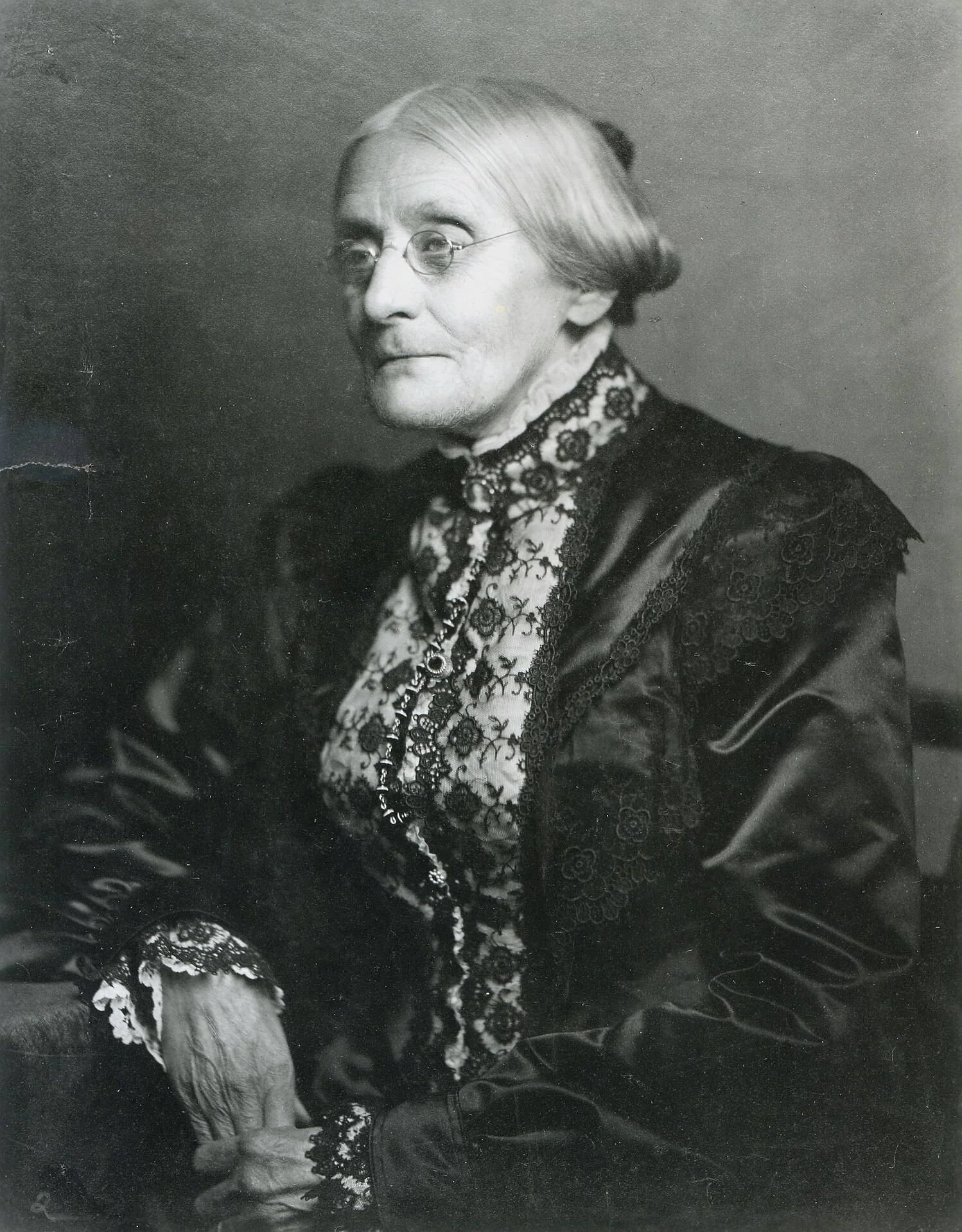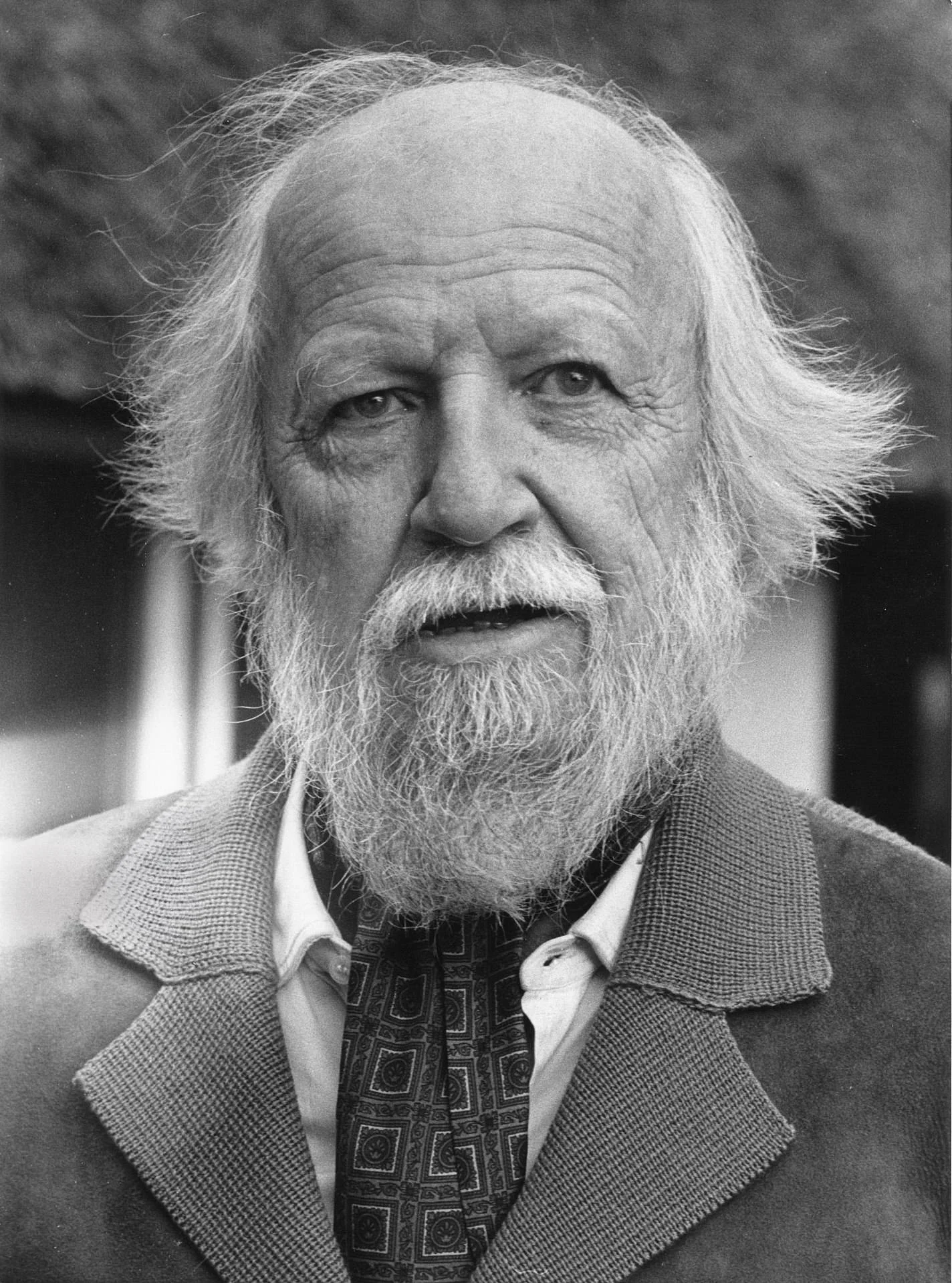Real Celebrities Never Die!
OR
Search For Past Celebrities Whose Birthday You Share

Rowland Hill
Birthday:
03 Dec, 1795
Date of Death:
27 Aug, 1879
Cause of death:
Natural causes
Nationality:
British
Famous As:
Postal administrator
Age at the time of death:
83
Rowland Hill's Quote's
Introduction to Rowland Hill
Rowland Hill was a British educator, social reformer, and postal reformer who revolutionized the postal system with his innovative ideas. Born on December 3, 1795, in Kidderminster, Worcestershire, England, Hill grew up in a family of schoolteachers who nurtured his passion for learning and social reform.
Educational Reforms and Hazelwood School
In 1819, Hill founded Hazelwood School in Birmingham, a progressive institution that focused on the individual needs of students. The school’s success earned him recognition as an innovative educator and set the foundation for his future achievements.
Publication of “Post Office Reform”
In 1837, Hill published a pamphlet titled “Post Office Reform: Its Importance and Practicability”, which proposed significant changes to the British postal system. He suggested that postage rates should be based on weight rather than distance and advocated for a uniform rate across the country. These ideas challenged the existing complex and expensive postage system.
Support from Sir Francis Freeling
Hill’s pamphlet caught the attention of Sir Francis Freeling, the Secretary of the Post Office. Recognizing the potential of Hill’s proposals, Freeling helped Hill gain a platform to present his ideas. In 1839, Hill was appointed to a parliamentary committee to investigate the postal system’s inefficiencies.
The Postal Reform Act and the Penny Black
In 1840, Hill’s efforts culminated in the passing of the Postal Reform Act. This legislation introduced uniform postage rates and the world’s first adhesive postage stamp, the Penny Black. Issued on May 6, 1840, the Penny Black eliminated the need for recipients to pay postage upon delivery, revolutionizing the way mail was sent.
Success of the Penny Post
The new postage system, known as the Penny Post, was an immediate success. It made sending letters affordable and accessible to people from all social classes, significantly increasing mail volume and fostering communication across the country. The Penny Post also promoted literacy and education, encouraging letter writing among the working class.
Advocacy for the Universal Postal Union
In 1843, Hill proposed the concept of the Universal Postal Union, envisioning a global postal network that would enable international mail delivery at affordable rates. While it took decades for his vision to materialize, Hill’s ideas paved the way for the establishment of the Universal Postal Union in 1874.
Recognition and International Influence
Hill’s contributions to postal reform were widely recognized. In 1860, Queen Victoria knighted him for his services to the postal system. His ideas also inspired reforms in other countries, including the creation of the United States Postal Service.
Broader Social and Educational Advocacy
In addition to his postal work, Hill championed various social causes, including the abolition of slavery and women’s suffrage. He also advocated for a uniform education system in England, reflecting his lifelong commitment to social progress.
Legacy of Rowland Hill
Rowland Hill’s innovative ideas and tireless advocacy transformed the postal system, making it more efficient, affordable, and accessible. His legacy endures in modern postal systems worldwide, and his dedication to education and social reform further solidifies his place as a pivotal figure in British history.
Name:
Rowland Hill
Popular Name:
Rowland Hill
Gender:
Male
Cause of Death:
Natural causes
Spouse:
Place of Birth:
Kidderminster, Worcestershire, England
Place of Death:
Hampstead, London, England
Occupation / Profession:
Personality Type
Entrepreneur: Smart, energetic and very perceptive people, who truly enjoy living on the edge.
As a hobby, he painted landscapes. He worked on reforming England's school system and helped to colonize the continent of Australia.
He was knighted in 1860 for his contributions to postal reform.
Hill's postal reforms were so effective that they were adopted by several countries, shaping modern postal systems across the globe, including the United States and the eventual establishment of the Universal Postal Union.
Hill started his career as a teacher at age 12 and later established innovative schools for the emerging middle class.
Rowland Hill is credited with introducing the world’s first adhesive postage stamp, the Penny Black, which is considered one of the most significant milestones in communication history.
Albert Medal



